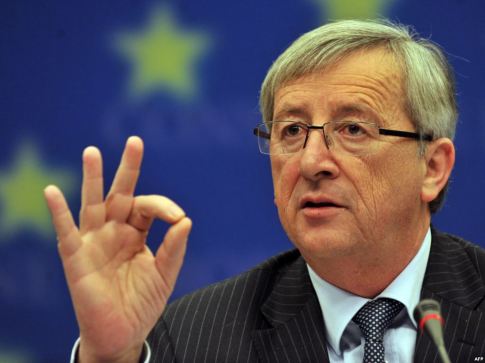Every morning when I wake the first thing I do without fail is pick up my phone and get my morning fix of the news provided to me no questions asked by The Daily Mail. Embarrassingly my addiction doesn’t stop there, throughout the day I can be found copping a quick look to ensure I’m up to date with current affairs and joining in the debates through the comment box.
However recently my daily routine hasn’t been as satisfying as it once was – For the past few months my attention has been drawn to the amount of negativity and conflict the world has to offer. Call it naivety perhaps but it is a fact that the ratio of positive to negative features has shifted. A day does not pass without the headlines focusing on violent actions such as mass execution at the hands of radical extremists or fixating on how youngsters have been taken advantage of by people in positions of power. It makes you wonder the reasoning for this? Is it because there is more evil in the world today? Or simply because us humans are drawn in by the suffering of others and the papers feed of this.
Take today for instance, a story that stuck in my mind perhaps because it was a piece that could affect myself and any other British and EU citizens in the near future. Speaking to the German newspaper Welt am Sonntag, The European Commission President has called for the creation of an EU army as a response to the rising tensions with Russia. Jean Claude Juncker proceeded, “You would not create a European army to use it immediately, but a common army among the Europeans would convey to Russia that we are serious about defending the values of the European Union.”



